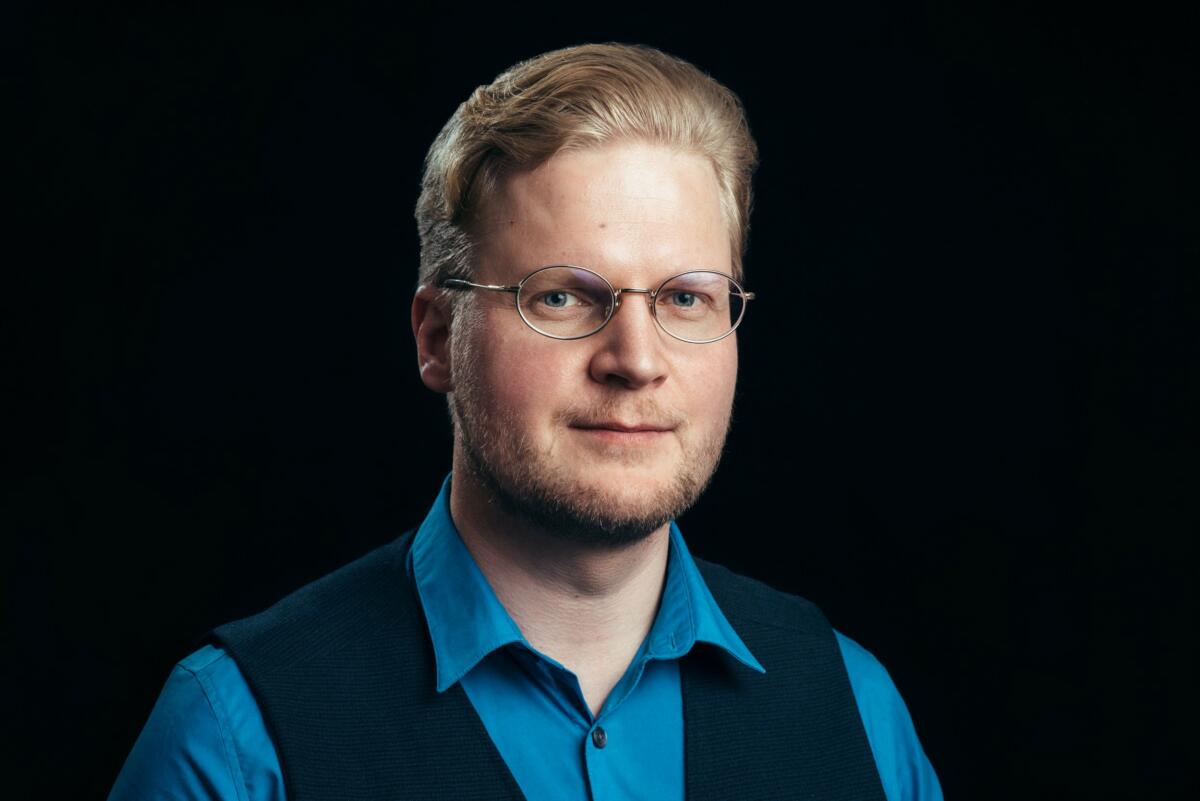Studia Generalia: Church Music of Finnish Immigrants in North America from the 1890s to the Present Day

Hundreds of thousands of Finns moved to the United States and Canada in hopes of a better life during the Great Wave of Migration in the late 19th and early 20th centuries. In their new residences they began to establish Lutheran congregations and to organize themselves into churches. Unlike in Finland, Finnish Lutheranism was divided into several different denominations in North America, which gradually also formed their own musical heritage.
There was a lot of singing and playing in the congregations. New spiritual songbooks were delivered for the immigrant community’s own needs and gradually English-language songs began to be included alongside the Finnish-language songs. The music was usually provided by volunteer musicians, many of whom were women. In this lecture, you can get to know especially the Finnish-American wives of priests, who often also took responsibility for the music of their parish. In addition, the question of how the Finnish identity was to be preserved as the community language gradually changed to English is considered.
Doctor of Music and Master of Theology Samuli Korkalainen defended her doctoral dissertation at the Sibelius Academy of the University of the Arts in 2021. His doctoral dissertation on the history of church music concerned the standardisation of Lutheran congregational singing and liturgical melodies in nineteenth-century Finland and Ingria. His ongoing postdoctoral research concerns the spiritual music of Finnish Americans from the nineteenth century onwards.
Since the beginning of April, Korkalainen has been an expert in research and doctoral education at the Sibelius Academy. He is the president of The Finnish Society of Hymnology and Liturgy, a member of the editorial board of the joint Nordic publication Hymnologi – Nordisk tidsskrift, and one of the researchers of the activist music research association Suoni. Korkalainen has extensive research networks in Finland, the Nordic countries and elsewhere in the world. He is also a minister, cantor and trustee of the Lutheran Church.
Further information: Jan Lehtola, jan.lehtola@uniarts.fi
Hundreds of thousands of Finns moved to the United States and Canada in hopes of a better life during the Great Wave of Migration in the late 19th and early 20th centuries. In their new residences they began to establish Lutheran congregations and to organize themselves into churches. Unlike in Finland, Finnish Lutheranism was divided into several different denominations in North America, which gradually also formed their own musical heritage.
There was a lot of singing and playing in the congregations. New spiritual songbooks were delivered for the immigrant community’s own needs and gradually English-language songs began to be included alongside the Finnish-language songs. The music was usually provided by volunteer musicians, many of whom were women. In this lecture, you can get to know especially the Finnish-American wives of priests, who often also took responsibility for the music of their parish. In addition, the question of how the Finnish identity was to be preserved as the community language gradually changed to English is considered.
Doctor of Music and Master of Theology Samuli Korkalainen defended her doctoral dissertation at the Sibelius Academy of the University of the Arts in 2021. His doctoral dissertation on the history of church music concerned the standardisation of Lutheran congregational singing and liturgical melodies in nineteenth-century Finland and Ingria. His ongoing postdoctoral research concerns the spiritual music of Finnish Americans from the nineteenth century onwards.
Since the beginning of April, Korkalainen has been an expert in research and doctoral education at the Sibelius Academy. He is the president of The Finnish Society of Hymnology and Liturgy, a member of the editorial board of the joint Nordic publication Hymnologi – Nordisk tidsskrift, and one of the researchers of the activist music research association Suoni. Korkalainen has extensive research networks in Finland, the Nordic countries and elsewhere in the world. He is also a minister, cantor and trustee of the Lutheran Church.
Further information: Jan Lehtola, jan.lehtola@uniarts.fi